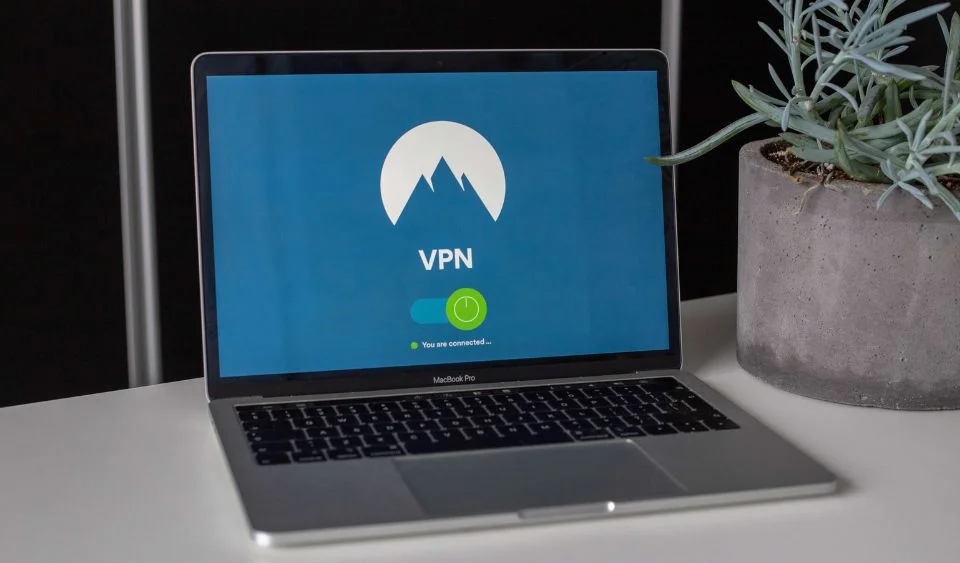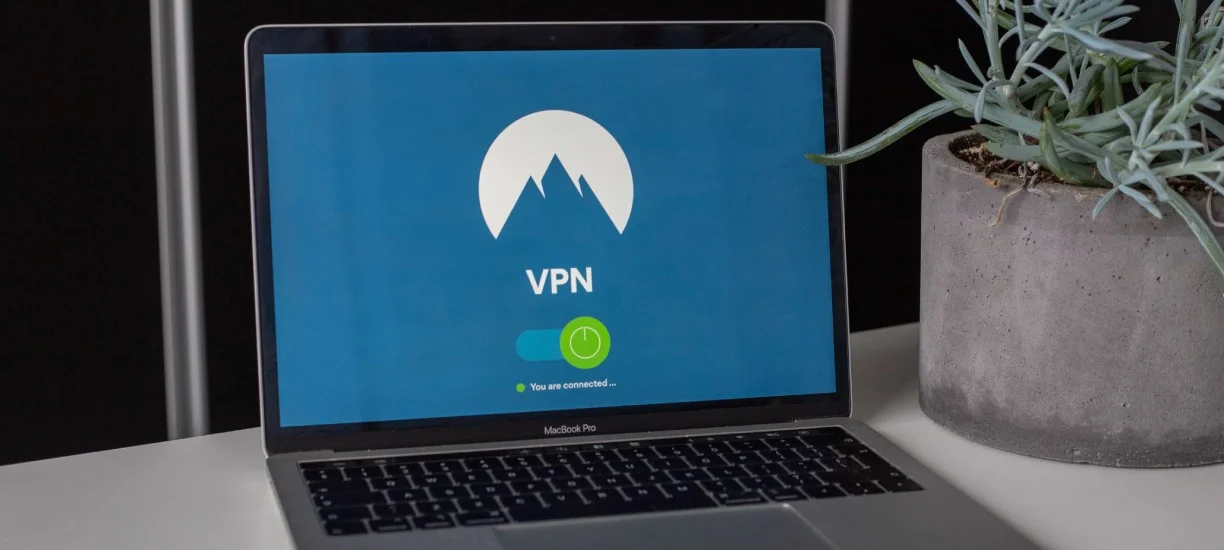What is personal data?
Personal data is anything that can be used to identify you in real life.
Chances are, you wouldn't hand your unlocked phone to a stranger. Your personal data deserves the same protection: it is the currency that criminals use to commit several types of scams. With your identity and personal data, they may be able to access your bank account to steal your money or even get loans or credit cards under your name – leaving you to deal with the serious consequences.
Singapore had experienced a major cyber-attack involving SingHealth, where the personal data of 1.5 million SingHealth patients, including personal details and medication records, was breached. This incident caused public outcry as people realised the potential risks involved in such a breach. In response, SingHealth quickly reached out to affected patients and provided them with the necessary information on the next steps they could take. Although the SingHealth data breach was not the work of casual hackers, it acts as a timely reminder for Singaporeans to better understand the importance of protecting their personal data in their everyday lives as well.
What are examples of personal data?
- Full name
- Address
- Phone number
- Photos
- Date of birth
- NRIC number
- Email address
- Bank account details
- Credit/debit card details
- SingPass login details
When should I share personal data?
There are several activities online which require some disclosure of your personal data, including:
- Registering for accounts: signing up for sites often requires a name and email address, but you may sometimes be asked for your gender, date of birth, and more, but a red asterisk (*) often marks out the fields you must enter to register
- Shopping: sites may ask for further details to verify your identity, process payments, and make deliveries
- Contests: these often require you to share extensive personal data, including your interests, which are then used by sellers to promote their goods or services
What are the consequences of someone having my personal data?
There are many possible consequences of sharing personal data, including:
- Spam emails
- Scams
- Fraud
- Identity theft
- Damage to reputation
What should I do if someone has my personal data?
- If someone has stolen your password, change it on all affected platforms immediately
- If you are constantly receiving spam emails, try to block the senders of the emails or unsubscribe to the mailing list, but if the problem persists, you may have to create a new email address
- If someone has stolen your card details, contact your bank to cancel your card and ask them to issue you a new one
- If someone has stolen money with the stolen bank details, contact your bank and the police to report the theft and your bank will advise you on your options
- If someone has used your personal information to harm you – such as by stealing your identity, or threatening to visit and harm you or your family – contact the authorities at 999 immediately
What are measures to protect my personal data?
- Only use secure websites when sharing personal, and especially financial, information: look at the URL bar and check that it begins with https:// and has a ‘locked’ padlock symbol on the left, which indicates that your data is encrypted
- Make sure that the websites are authentic by checking the URL address: there are many fake government websites trying to get your NRIC or passport number, and fake banking websites trying to get your financial information
- Read user agreements and privacy policies: try not to give your email address to organisations that sell your information so as to prevent spam emails from flooding your inbox
- Check your social media account settings: make sure that your social media is set to private wherever possible, so that only people you know can see your content
- Check your device settings: every smartphone and tablet has privacy settings, so disable things like location services, sharing of contacts or photos, or Bluetooth sharing
- Never share your password with anyone
- Use a different password for each online account, and change them regularly
- Set a strong password, which are more than 8 characters long, and include numbers, symbols, and both lowercase and uppercase letters. Here is how you can create a strong password:
- Think of a sentence with at least 8 words (Jack and Jill went up the hill)
- Take the first letter of each word (jajwuth)
- Change some letters to uppercase (JajwUth)
- Change some letters to symbols (J&jwUth)
- Add some numbers (J&jwUth2)
If you are already familiar with protecting your personal data but need help protecting your child's personal information, refer to How to Protect Your Child's Personal Information Online.
Useful links
How to Protect Your Child's Personal Information Online
Five Tips to Protect Your Child's Personal Information Online













